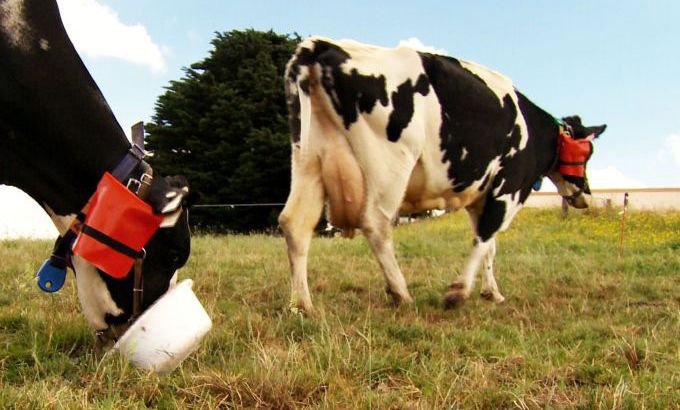
Sustainable Algae-Culture & Cutting Cattle Emissions
Sustainable aquaculture in Spain, rechargeable ‘e-trikes’ and a methane-cutting diet for Australia’s cows.
Veta la Palma in southern Spain is a commercial fish farm with a difference. The 113 square kilometre estate has a network of shallow ponds and marshlands that hosts 250 different species of birds, naturally occurring algae and shrimp, and of course, fish. Unlike intensive fish farming, Veta la Palma has a positive environmental impact. But it still does good business, selling its high quality fish to restaurants around Europe.
The Filipino government is determined to clean up one of the country’s most iconic modes of transport. Motorised tricycles belch out 10 million tonnes of carbon dioxide per year, but new versions that run on electricity rather than petrol could cut pollution considerably. The government hopes to introduce five million over the next decade.
Keep reading
list of 4 itemsTurtles swimming to extinction in Malaysia as male hatchlings feel heat
Could shipping containers be the answer to Ghana’s housing crisis?
Thousands protest against over-tourism in Spain’s Canary Islands
In Australia, burping cows have become the comic relief of the global warming debate, but their climate-changing methane emissions are no laughing matter. Now at a research farm in Victoria, southern Australia, scientists have discovered that cows’ emissions can be cut by 20 per cent by changing their diet – that’s the equivalent of taking 200,000 cars off the road.
In the UK, the majestic Eurasian crane was virtually wiped out 400 years ago by excessive hunting and the draining of its wetland habitats for agriculture. Now 100 hand-reared youngsters are being re-introduced, giving the iconic bird a fighting chance of settling in the UK once more.